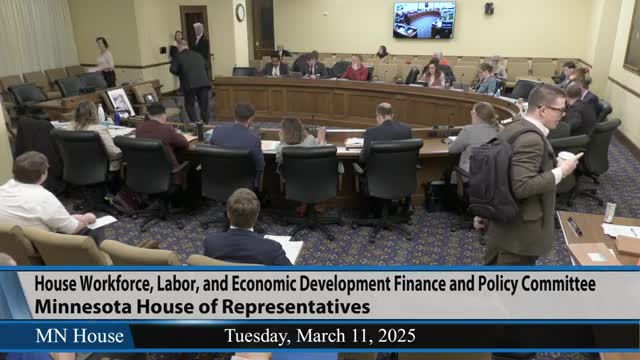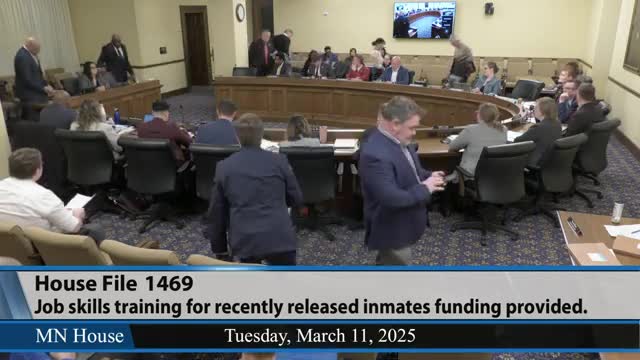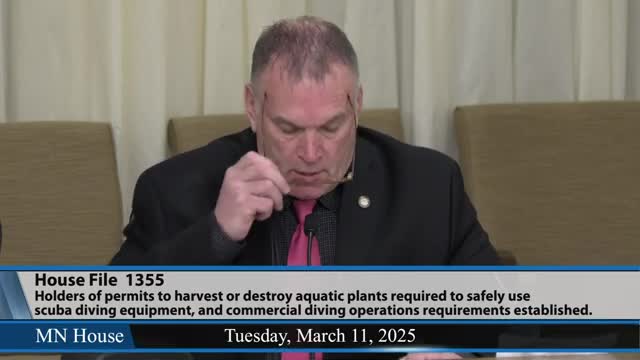Article not found
This article is no longer available. But don't worry—we've gathered other articles that discuss the same topic.

Committee advances bill to restore limited noncompete agreements for some R&D and highly paid employees

Committee hears proposal to expand Better Futures program; bill laid over for possible inclusion

